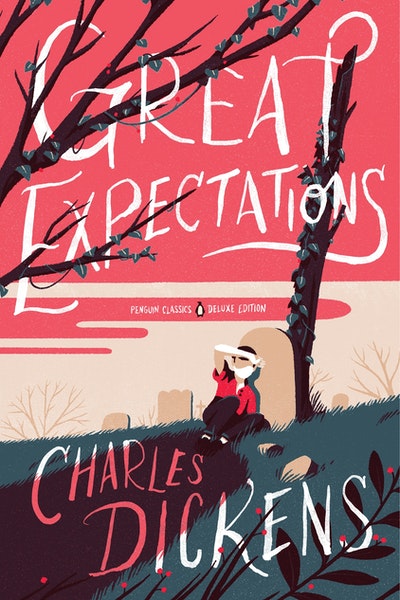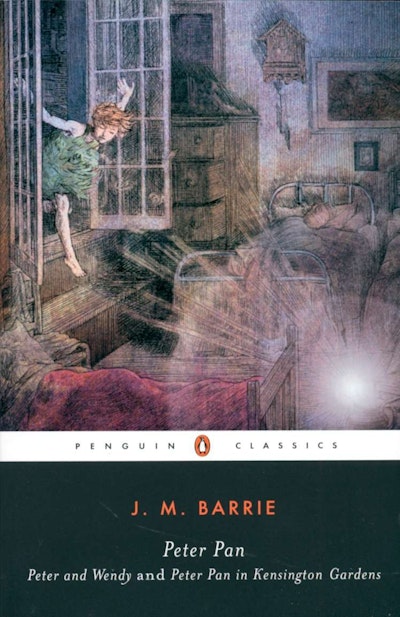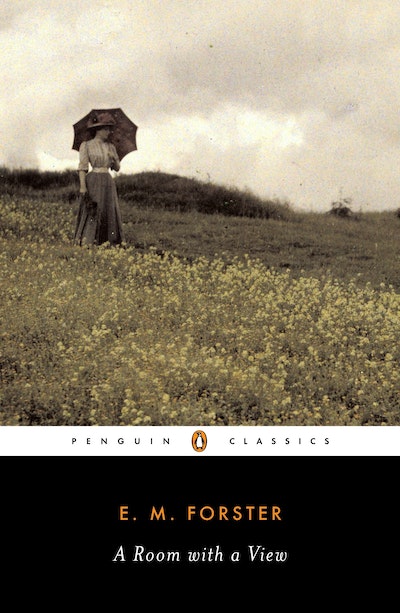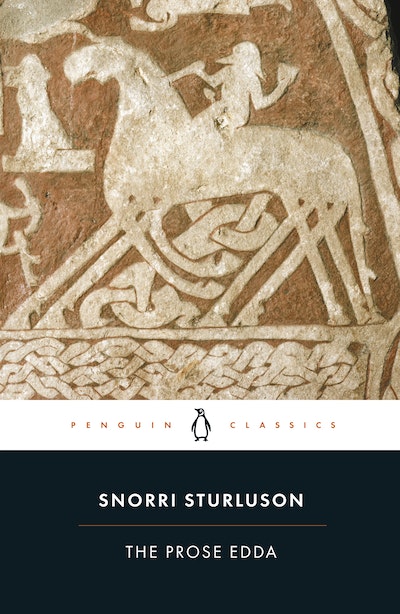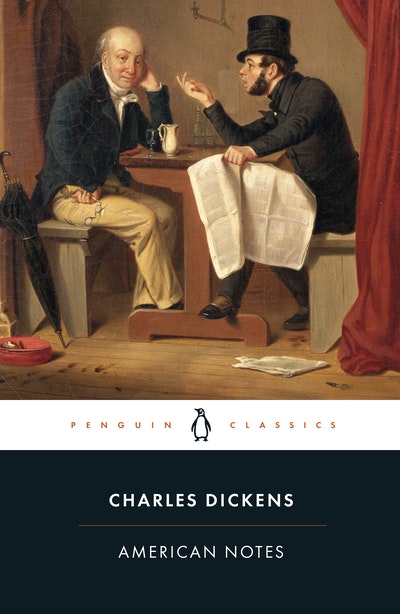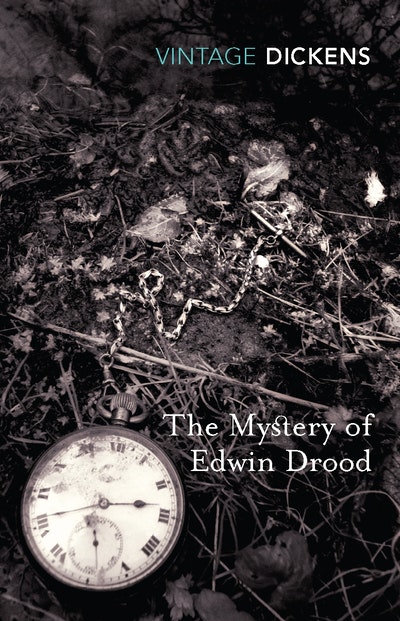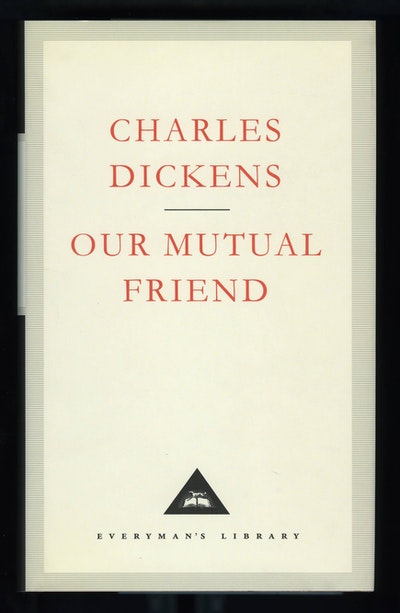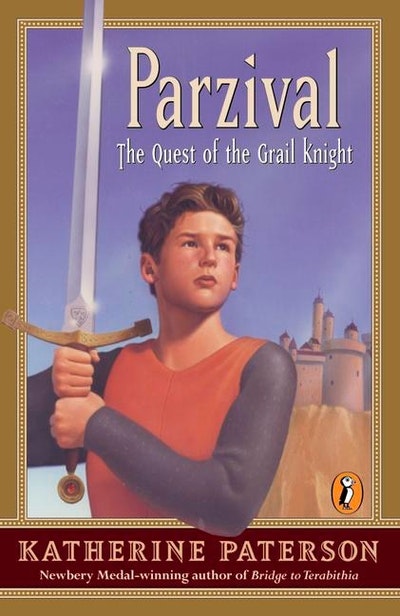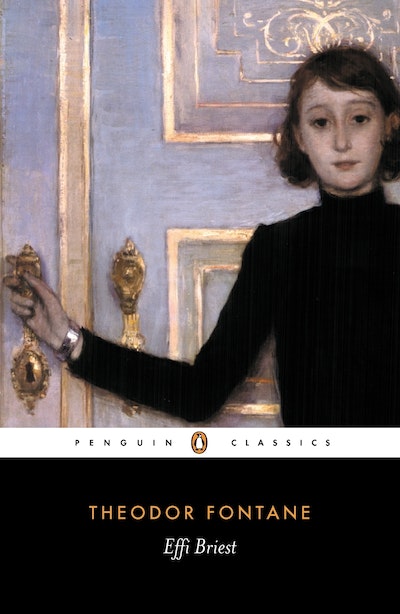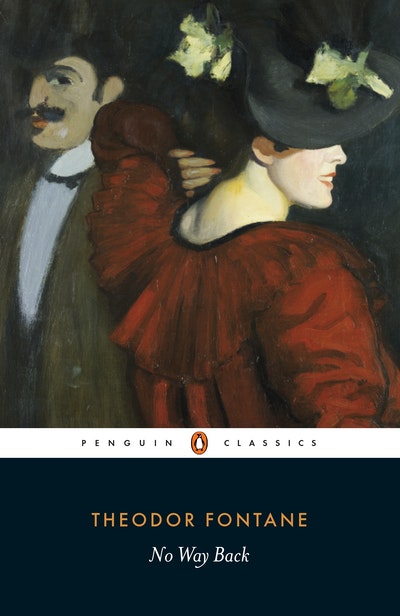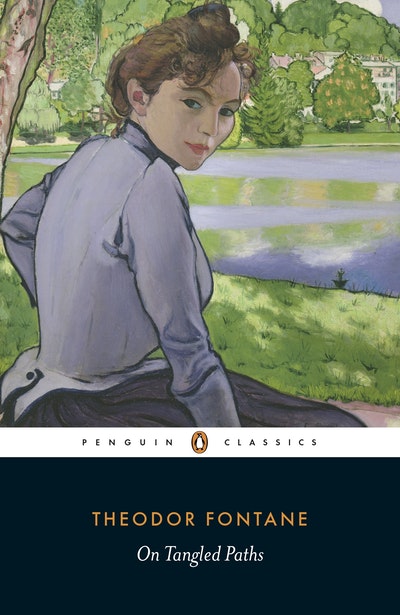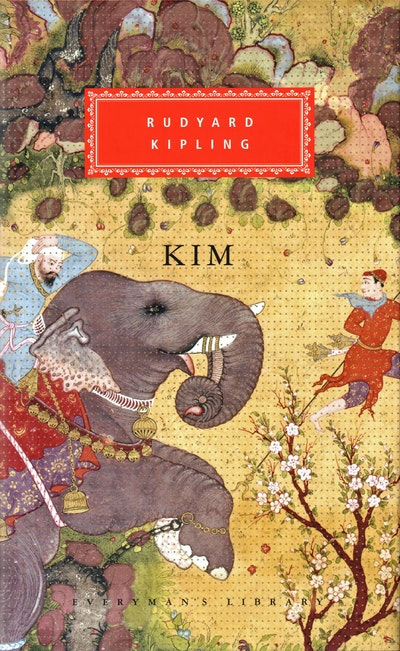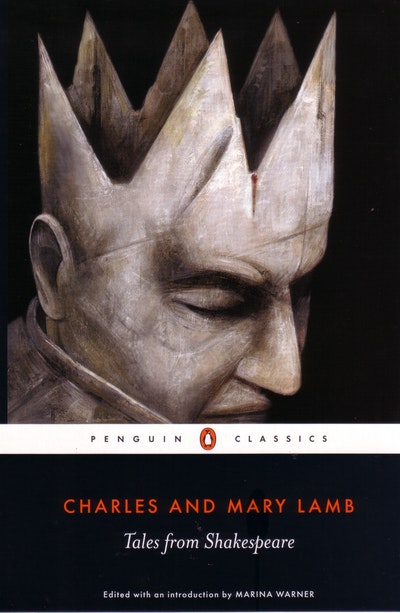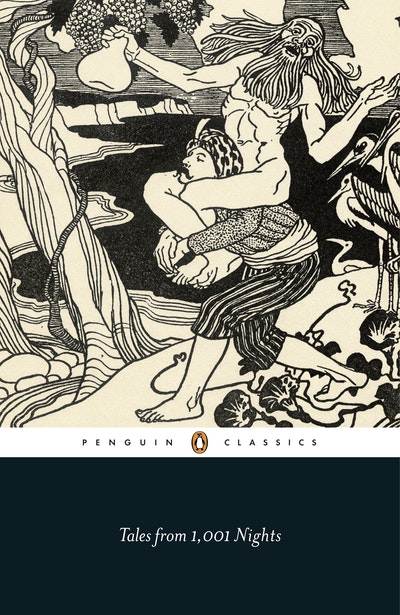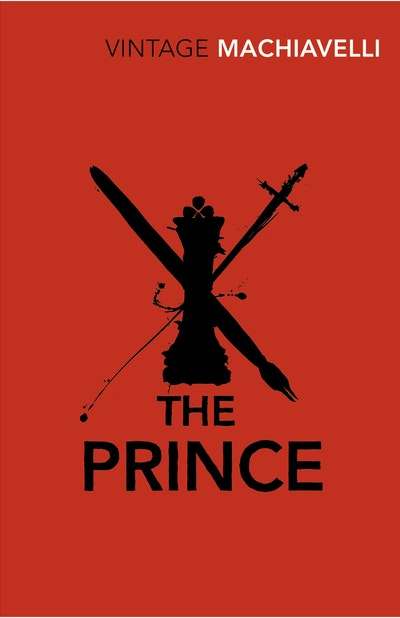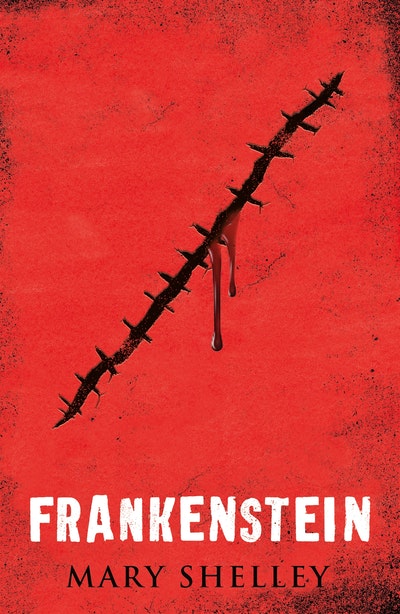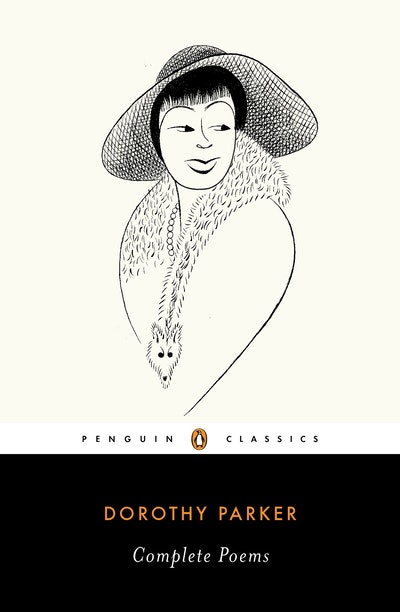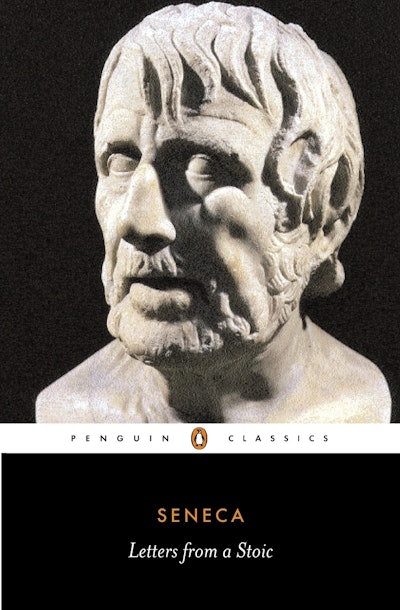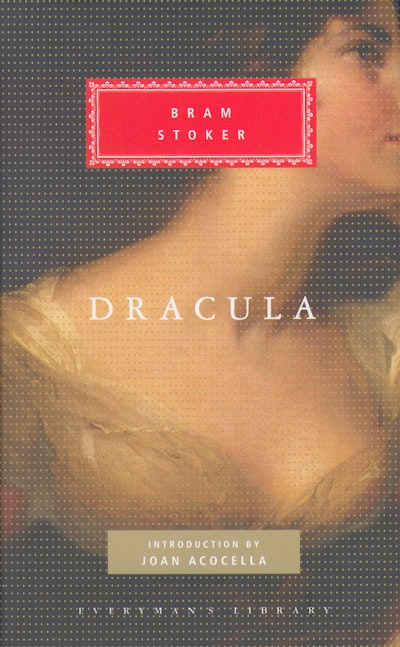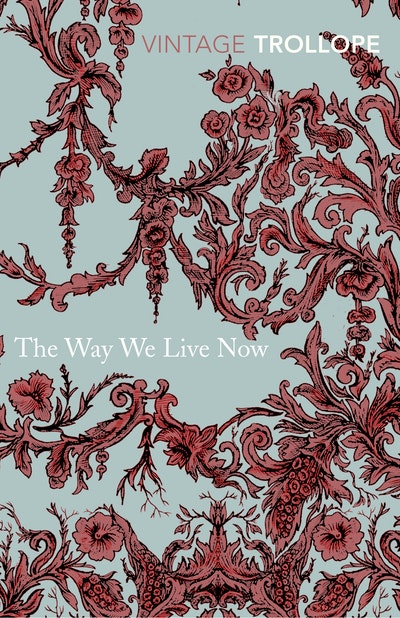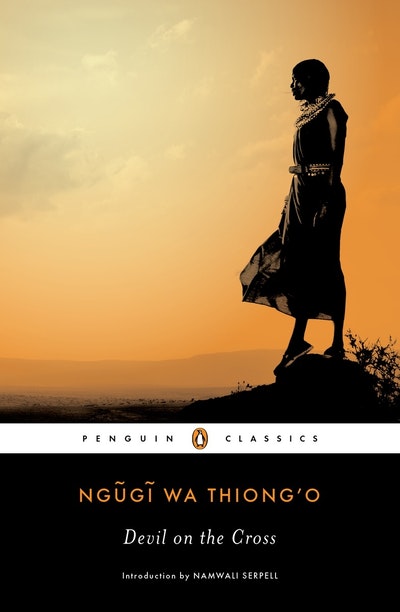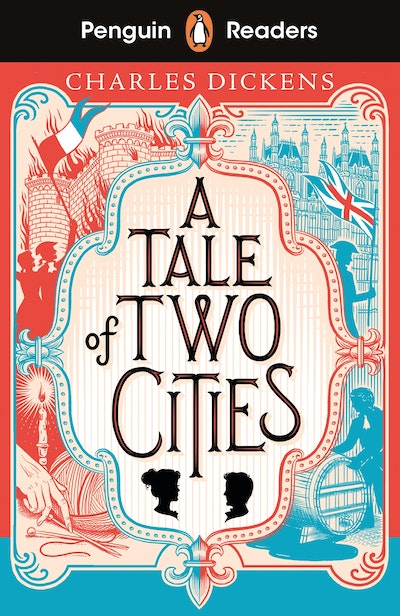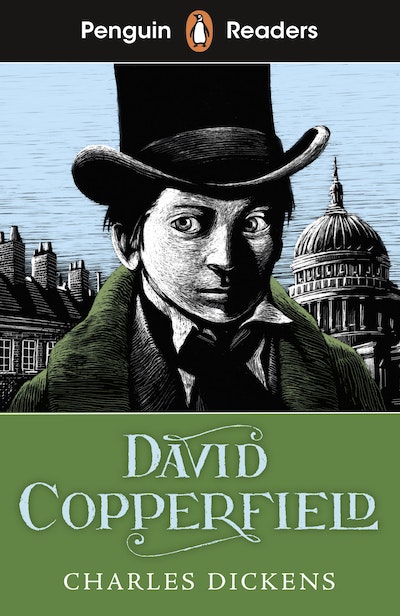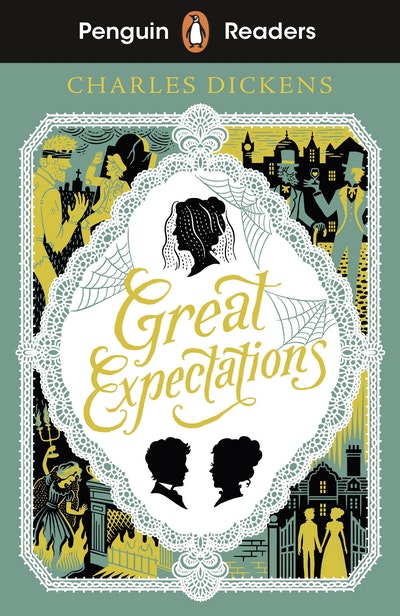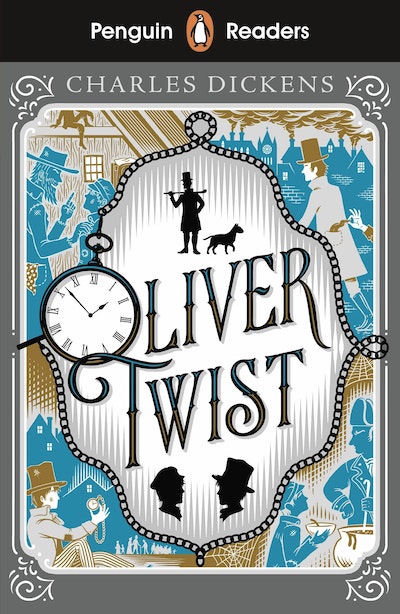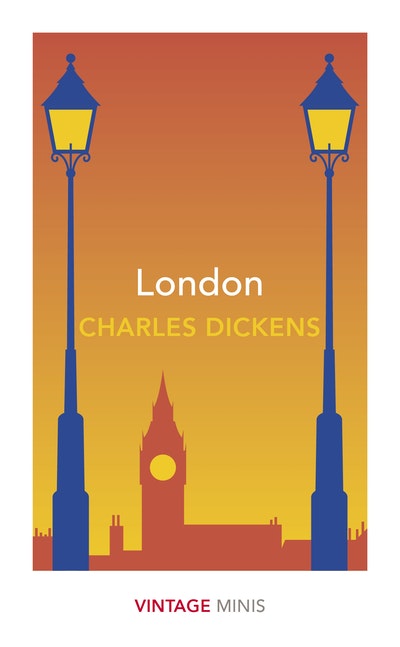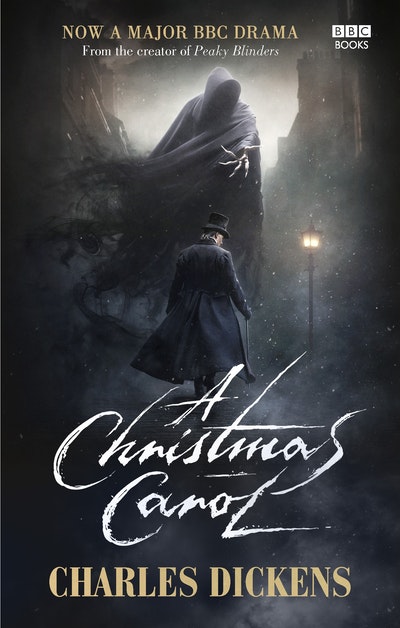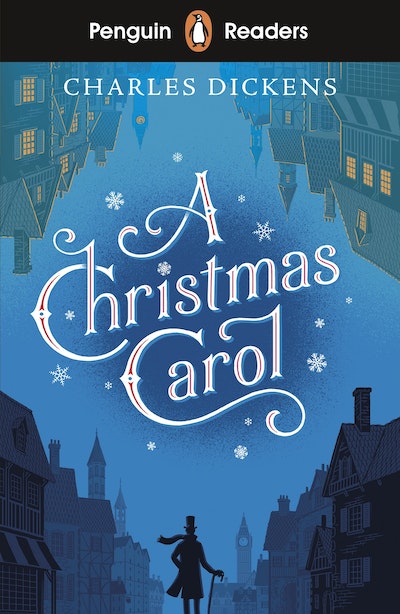- Published: 19 January 2011
- ISBN: 9780143106272
- Imprint: Penguin Classics
- Format: Paperback
- Pages: 512
- RRP: $35.00
Great Expectations
Charles Dickens' beloved bildungsroman in a beautiful new Deluxe package, with a newly commissioned introduction and suggestions for further reading by Victorian scholar Tanya Agathocleous.
Now an original series on FX and Hulu starring Olivia Colman
A newly repackaged edition of Dickens’s classic coming-of-age tale, with an introduction, contextual essays, a map, and suggestions for further exploration by Victorian scholar Tanya Agathocleous.
A terrifying encounter with an escaped convict in a graveyard on the wild Kent marshes; a summons to meet the bitter, decaying Miss Havisham and her beautiful, cold-hearted ward Estella; the sudden generosity of a mysterious benefactor-these form a series of events that change the orphan Pip's life forever, as he eagerly abandons his humble origins to begin a new life as a gentleman. Dickens's haunting novel depicts Pip's education and development through adversity as he discovers the true nature of his great expectations. Published nine years before Dickens's death, it remains one of his most celebrated works.
For more than seventy years, Penguin has been the leading publisher of classic literature in the English-speaking world. With more than 1,700 titles, Penguin Classics represents a global bookshelf of the best works throughout history and across genres and disciplines. Readers trust the series to provide authoritative texts enhanced by introductions and notes by distinguished scholars and contemporary authors, as well as up-to-date translations by award-winning translators.
- Published: 19 January 2011
- ISBN: 9780143106272
- Imprint: Penguin Classics
- Format: Paperback
- Pages: 512
- RRP: $35.00
Other books in the series
About the author
Charles Dickens was born in Hampshire on February 7, 1812. His father was a clerk in the navy pay office, who was well paid but often ended up in financial troubles. When Dickens was twelve years old he was send to work in a shoe polish factory because his family had been taken to the debtors' prison. Fagin is named after a boy Dickens disliked at the factory. His career as a writer of fiction started in 1833 when his short stories and essays began to appear in periodicals. The Pickwick Papers, his first commercial success, was published in 1836. In the same year he married the daughter of his friend George Hogarth, Catherine Hogarth. The serialisation of Oliver Twist began in 1837 while The Pickwick Papers was still running. Many other novels followed and The Old Curiosity Shop brought Dickens international fame and he became a celebrity in America as well as Britain. He separated from his wife in 1858. Charles Dickens died on 9 June 1870, leaving his last novel, The Mystery of Edwin Drood, unfinished. He is buried in Westminster Abbey.
Charles Dickens was born in Hampshire on February 7, 1812. His father was a clerk in the navy pay office, who was well paid but often ended up in financial troubles. When Dickens was twelve years old he was send to work in a shoe polish factory because his family had be taken to the debtors' prison.Fagin is named after a boy Dickens disliked at the factory. His career as a writer of fiction started in 1833 when his short stories and essays began to appear in periodicals. The Pickwick Papers, his first commercial success, was published in 1836. In the same year he married the daughter of his friend George Hogarth, Catherine Hogarth. The serialisation of Oliver Twist began in 1837 while The Pickwick Papers was still running. Many other novels followed and The Old Curiosity Shop brought Dickens international fame and he became a celebrity America as well as Britain. He separated from his wife in 1858. Charles Dickens died on 9 June 1870, leaving his last novel, The Mystery of Edwin Drood, unfinished. He is buried in Westminster Abbey.
Charles Dickens (1812 – 1870) was an English writer and social critic. He created some of the world's most well-known fictional characters and is generally regarded as the greatest novelist of the Victorian period. During his life, his works enjoyed unprecedented popularity, and by the twentieth century he was widely seen as a literary genius by critics and scholars. His novels and short stories continue to be widely popular.
Charles Dickens was born in Portsmouth on 7 February 1812, the second of eight children. Dickens's childhood experiences were similar to those depicted in David Copperfield. His father, who was a government clerk, was imprisoned for debt and Dickens was briefly sent to work in a blacking warehouse at the age of twelve. He received little formal education, but taught himself shorthand and became a reporter of parliamentary debates for the Morning Chronicle. He began to publish sketches in various periodicals, which were subsequently republished as Sketches by Boz. The Pickwick Papers was published in 1836-7, after a slow start it became a publishing phenomenon and Dickens's characters the centre of a popular cult. Part of the secret of his success was the method of cheap serial publication he adopted; thereafter, all Dickens's novels were first published in serial form. He began Oliver Twist in 1837, followed by Nicholas Nickleby (1838) and The Old Curiosity Shop (1840-41). After finishing Barnaby Rudge (1841) Dickens set off for America; he went full of enthusiasm for the young republic but, in spite of a triumphant reception, he returned disillusioned. His experiences are recorded in American Notes (1842). A Christmas Carol, the first of the hugely popular Christmas Books, appeared in 1843, while Martin Chuzzlewit, which included a fictionalized account of his American travels, was first published over the period 1843-4. During 1844-6 Dickens travelled abroad and he began Dombey and Son while in Switzerland. This and David Copperfield (1849-50) were more serious in theme and more carefully planned than his early novels. In later works, such as Bleak House (1853) and Little Dorrit (1857), Dickens's social criticism became more radical and his comedy more savage. In 1850 Dickens started the weekly periodical Household Words, succeeded in 1859 by All the Year Round. Dickens's health was failing during the 1860s and the physical strain of the public readings which he began in 1858 hastened his decline, although Our Mutual Friend (1865) retained some of his best comedy. His last novel, The Mystery of Edwin Drood, was never completed and he died on 9 June 1870. Public grief at his death was considerable and he was buried in the Poets' Corner of Westminster Abbey.
